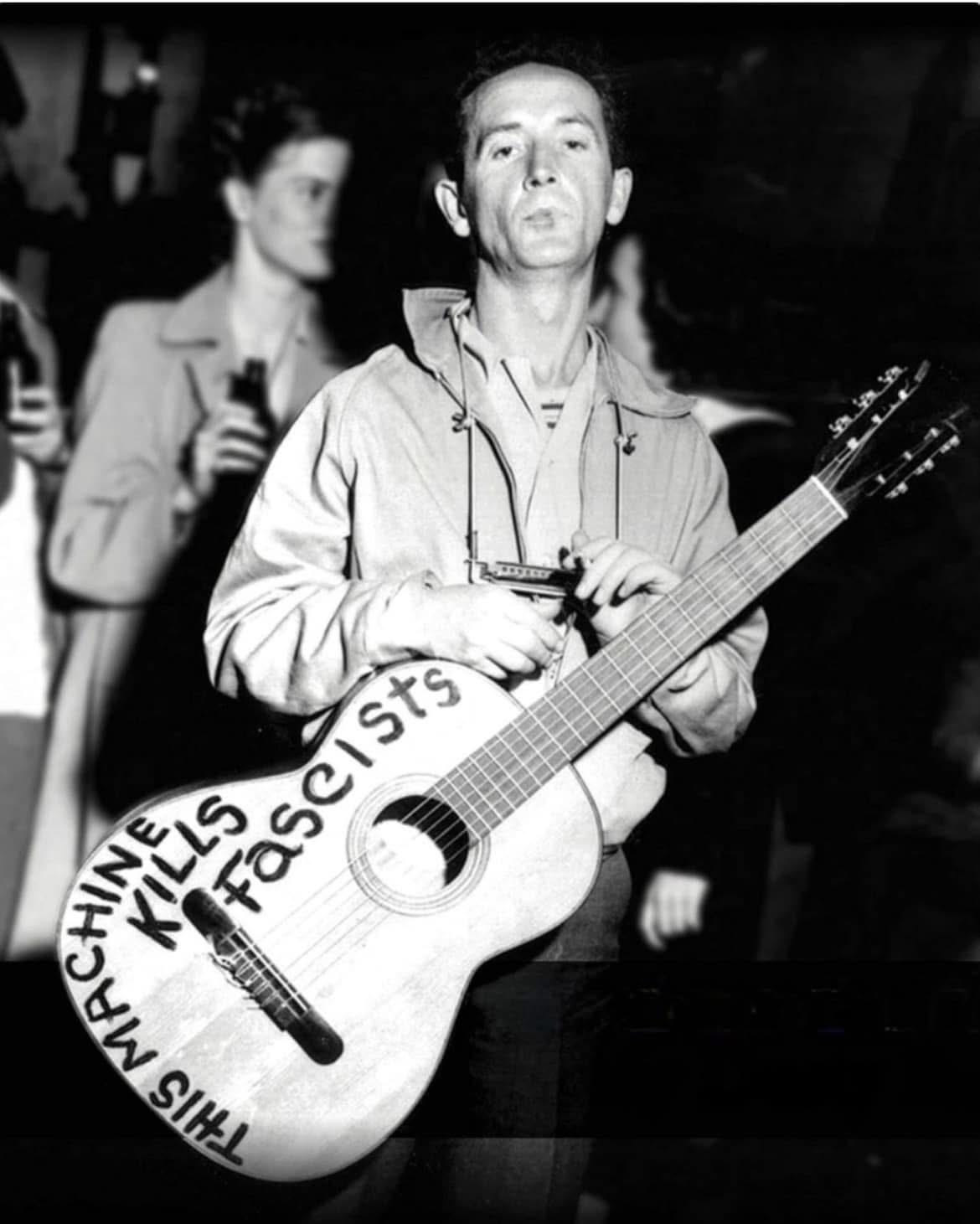I keep hearing people say they’re ashamed to be American. That they’re embarrassed. That they don’t know how to identify with this country anymore.
But let me ask you something—did you think this would be easy?
This is The Fine Print of Belonging.
Many of us look to Europe with admiration. Maybe you’ve walked through Rome, Paris, or London and felt the weight of history pressing in. Or maybe you’ve only imagined it—standing in places that have endured for centuries, shaped by revolution, resilience, and reinvention. These places remind us of something bigger than ourselves, something enduring.
But here’s the thing: Their endurance didn’t come from stability. It came from struggle.
This is The Fine Print of Belonging.
France didn’t stop being France after the revolution. Germany didn’t vanish after World War II. The UK didn’t dissolve when its empire crumbled. Instead, they faced their breaking points, redefined themselves, and kept going.
And yet, here we are—America, a country not even 250 years old—acting like one bad election cycle, one crisis, one period of division means we’re beyond saving.
That’s not how history works.
Being part of a nation means accepting that it will go through cycles of identity crisis and reinvention. And yes, this is one of those moments. But the question isn’t, “Am I ashamed?” The question is, “Am I willing to be part of the work?”
Because if you think this country is on the wrong path, stepping away doesn’t fix it. Engagement does. That’s how every great nation has lasted—not by people walking away when things got difficult, but by people staying and shaping what comes next.
You don’t get to inherit only the victories. You also inherit the responsibility.
So if you’re frustrated, if you’re angry—good. That means you still believe in something better. That’s the fine print of belonging.
The easy thing to do is to say, “This isn’t the country I want it to be.”
The harder, more important thing is to say, “This story isn’t finished yet.”
So stay in the fight. Because history is happening whether we participate or not. And when we engage—when we help redefine what comes next—we don’t just inherit a country.
We help build one.
With affection always ,
Beth







